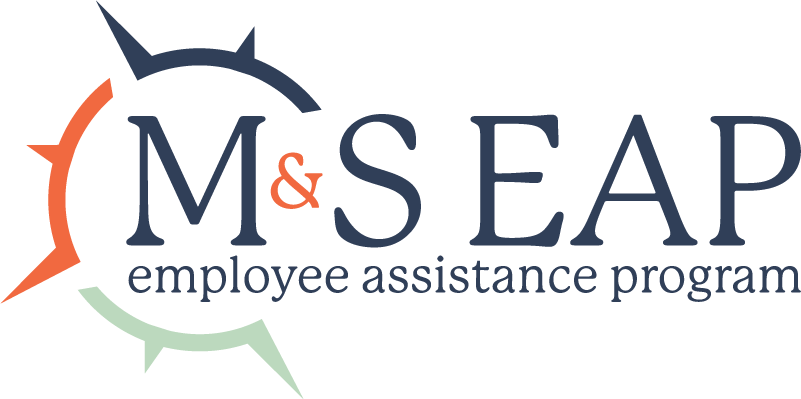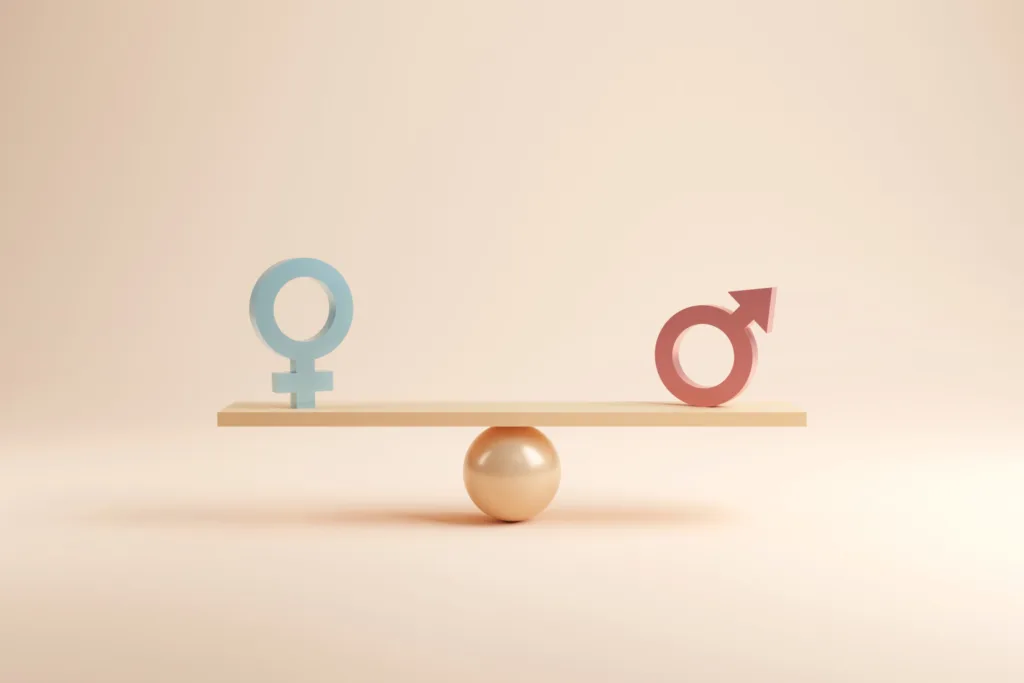The Correlation Between Sleep and Work Performance

Sleep is one of the most abused, taken-for-granted, and yet, highly influential and essential areas of our lives. There isn’t one part of our personal or professional lifestyles that the quality of our sleep doesn’t impact.
Despite this, sleep is one of the first things we sacrifice in the times we need it most. We’ll work late into the night, sacrificing vital hours of sleep, or cut our sleep cycle short by waking up earlier than necessary. Too many of us genuinely do believe that is necessary, though.
We think there isn’t enough time in the day to get all of our work done, but the more likely alternative is we don’t actually need less sleep at night, we need more focus during the day. If you’re in the small demographic that does not, in fact, have enough hours a day to work even after having spent the day focused, it might be time to consider a healthier work schedule.
For the most part, though, the majority of people are putting forth a poor work performance not because of a time restriction, but because of personal factors. One of the largest contributing factors is a lack of sleep, and the relationship between our sleep and our work performance is what we’re going to discuss today.
What to know about sleep
People between the ages of 18 and 64 need more than seven hours of sleep per night to function at their optimal level, but more than one third of these adults sleep less than seven hours per night based on a study by the Sleep Foundation.
They also found that Over 50 million people in the United States alone are actively suffering from a sleep disorder, with the economic impact of insufficient sleep being over $400 billion every year.
Sleep disorders are one of the most commonly dismissed disorders out there due to how normalized (and even glorified) a lack of sleep is. People brag about how they only got three hours of sleep the night before, or how they haven’t slept in days — maybe you’ve even done so yourself, but can you remember what about that made you proud?
There might not have been any reason. It could very well have been the lack of sleep talking.
The different effects of sleep
One of the most common reasons people abuse their sleep patterns is they’re simply unaware of how important, beneficial and necessary their sleep is. Without that understanding, sleep often is viewed as a time-consuming act (even an inconvenience) we “have” to do every day.
In reality, prioritizing and protecting our sleep is one of the most valuable gifts we can give ourselves; in doing so, we gain access to a vault of benefits.
The top benefits of proper sleep are:
- A stronger immune system
- More balanced metabolism
- Lowered risk for illness and disease
- A stronger heart
- Reduced stress and anxiety
- Consistent energy levels
- Better focus, concentration and memory
- More positive mentality and attitude
Some of the most common lack of sleep effects include:
- A weakened immune system
- Weight gain
- Increased risk for chronic conditions (diabetes, heart disease, stroke, depression)
- Increased risk for injury (driving, falling, crashing)
- Lack of emotional regulation (severe mood changes)
- Lowered libido and overall energy
- Heightened stress and anxiety
- Poor focus, concentration and memory
- Generally negative or cynical mindset
Sleep affects every area of our lives. In addition to impacting our emotional, physical and mental health, the quality of our sleep also directly influences our relationships, our home life and even our work performance.
How does sleep affect work performance?
The quality of your sleep has the ability to directly impact your work performance, either positively or negatively.
If you sleep well, you’re much more likely to show up to work feeling rested, motivated and with a pleasant attitude, ready to start your first project. If you sleep poorly, chances are you’re going to have an attitude before you even step foot in the office, and will be counting down the minutes until your shift ends from the minute you get in your car.
Trying to work when you’re sleep deprived often leads to poor work performance because you are not functioning at your best. You’re tired, struggling to focus, probably getting easily irritated with people and likely getting distracted by fantasizing about the thing you so desperately need: sleep.
if you’re struggling at work, one of the first components of your life you should assess is that of your sleep.
Speak with an advisor today
Here at Mazzitti & Sullivan EAP, your personal and professional success is our purpose.
We are a leading employee assistance program that has helped countless employees across the country develop the skills they need in order to live their best lives, in and out of the work environment. One of the reasons our clients are so successful is because all of our EAP services are fully tailored to each of their unique work-related and personal needs.
Send us a message or give us a call today to speak with an advisor and learn more about how we can help you develop your best work/life balance and achieve your ultimate goals.



